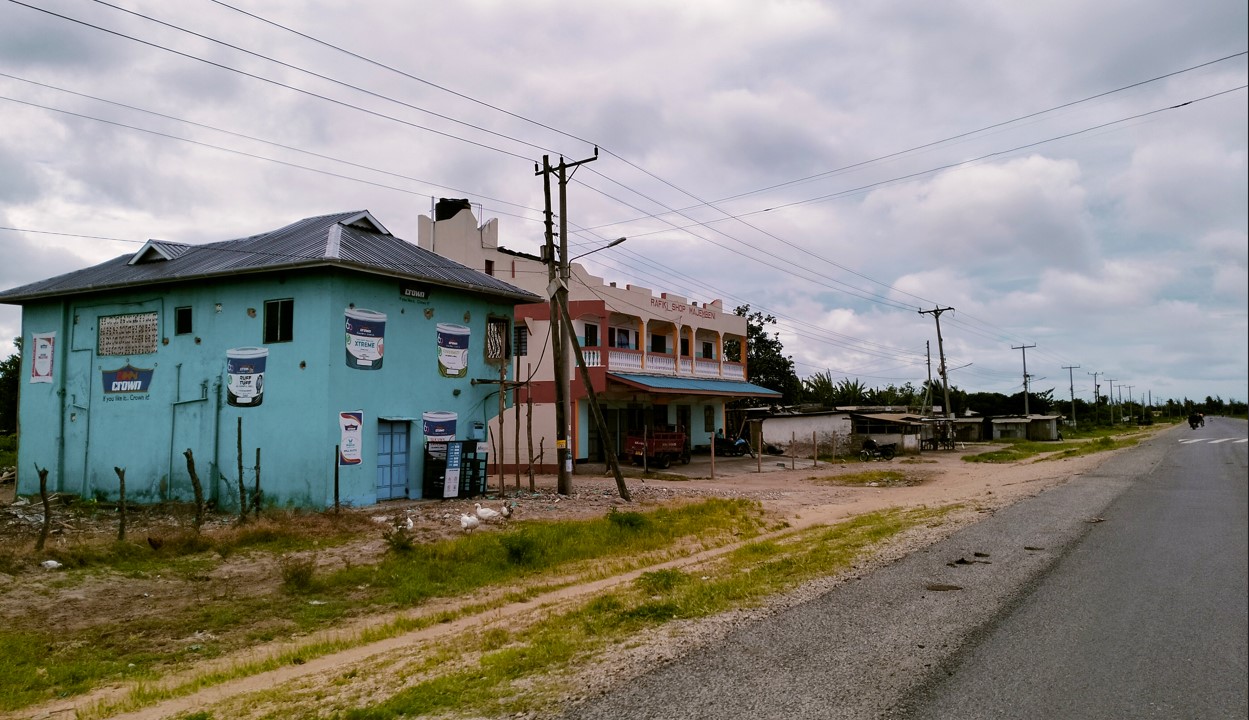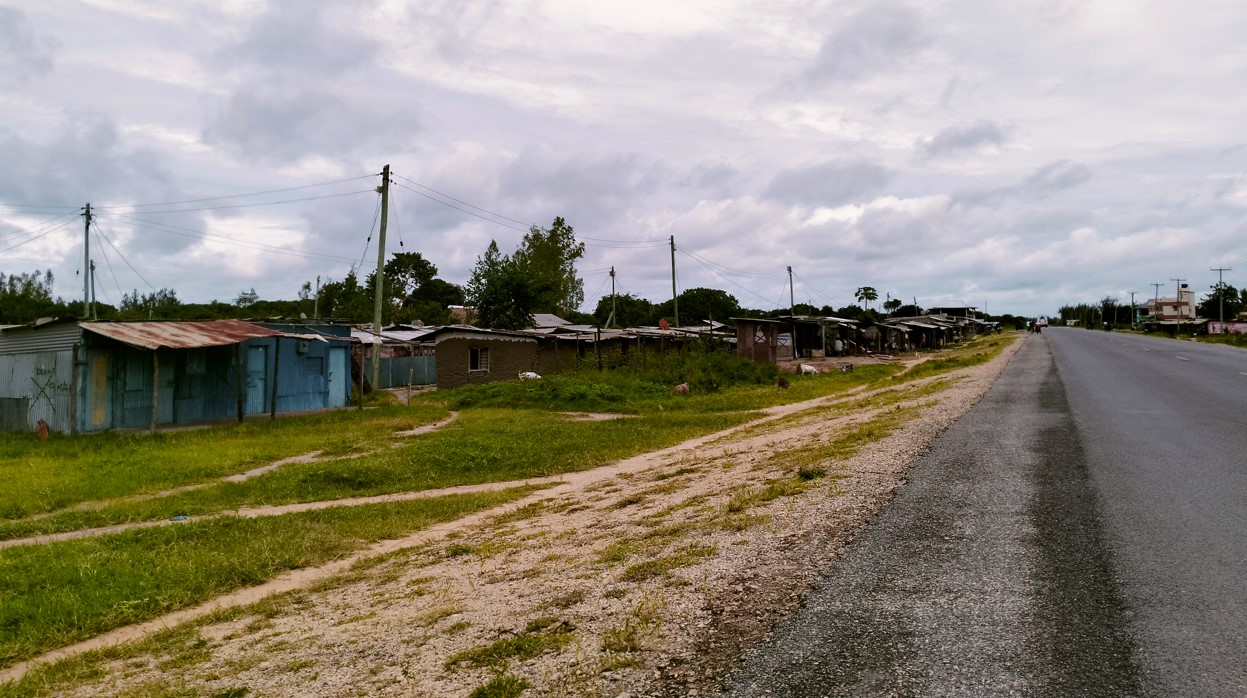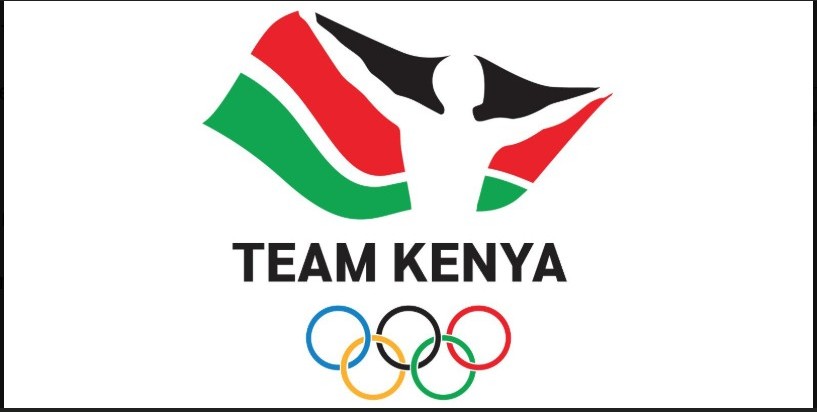How abandoned tractor ploughs gave name to Lamu’s Majembeni village

It is a village well known for having people who are passionate about agriculture and farming.
As communities evolve, so do names of the places where they live, often influenced by remarkable people or experiences.
Such is the case of a village known as Majembeni in Lamu County.
More To Read
- Lamu nurses end 79-day strike after agreement with county government
- Kiunga residents in Lamu raise concerns over weapon testing near homes
- Lamu becomes first county to introduce digital mental health training
- Lamu County turns to solar as widespread blackouts disrupt daily life
- Lamu County, Jubaland vow to strengthen cross-border ties in trade, health and security
- Lamu fishermen laud establishement of new cold storage facility in Kiwayu
In the 1970s, four tractor ploughs were abandoned by European workers who were then building roads in the area.
The abandoned ploughs became a point of reference for travellers using public transport.
“Driver, please drop me off at Majembeni,” passengers from this village would often say as they approached their destination.
The passengers would often be travelling from Lamu, Mokowe, Hindi and Mpeketoni to Witu, Malindi and Mombasa or back.
With time, the name stuck, and the area became officially known as Majembeni.
According to Isaac Mkalimani, a retired chief of Hongwe Location, four tractor ploughs had been left behind by white men after their tractors broke down within what is now known as the Majembeni area in the 1970s.
These tractor ploughs (majembe in Kiswahili) became a landmark that travellers would use to mark their arrival in the village. It was named Majembeni.
 About 50 years after it got its name, Majembeni has flourished into a prosperous town, with a population of about 7,000 people. (Photo: Farhiya Hussein)
About 50 years after it got its name, Majembeni has flourished into a prosperous town, with a population of about 7,000 people. (Photo: Farhiya Hussein)
Prosperous town
About 50 years after it got its name, Majembeni has flourished into a prosperous town, with a population of about 7,000 people.
Majembeni town is located right smack in the middle of the Lamu-Witu-Garsen road, where the road divides the town into two.
Majembeni Location borders Mkunumbi and Hongwe wards.
“Majembeni is a town that started as a bus or public transport stage. It is a place where buses or public transport vehicles drop off or load passengers and cargo. There were large tractor ploughs that were dumped there after a tractor broke down while carrying out road construction in the area. Those who were building the road, including bush clearing and ground levelling were white men. We have grown seeing the ploughs since 1974,” said Mkalimani.
“Passengers would tell drivers and conductors to drop off where the majembe or ploughs were. That’s how the name Majembeni emerged and flourished to date. The ploughs were, however, left to rot and today they’re nowhere to be found. Also, when the locals started building settlements there, they removed the ploughs, some selling them to scrap metal dealers. They no longer exist,” he added.
Agriculture
It is a village well known for having people who are passionate about agriculture and farming.
Here, lazy people have no place.
It is because of this that the town of Majembeni continues to thrive with people engaging in both subsistence and commercial farming.
Many farmers from all over Lamu have settled in Majembeni, and it has now become one of the few towns in Lamu that is recognised as a major agricultural hub which produces crops including maize, vegetables, and cotton among others.
According to Majembeni Assistant Chief Eunice Njoroge, many crops, including maize, which are used in the entire Lamu County, are produced in Majembeni.
“Majembeni Location is surrounded by suburbs such as Mavuno and Poromoko, which are the epicentres of agriculture and food production in Lamu. Here you will find maize, beans, green peas and even fruits being produced in large quantities and distributed to markets and shops in Mpeketoni, Witu, Lamu town and elsewhere. We are proud to be Majembeni residents,” said Njoroge.
Francis Chege, a historian and former councillor, affirmed that the ploughs left by white people led to Majembeni getting its name.
Chege commended the government’s efforts to establish infrastructure, especially roads in the Majembeni area and its environs, which has contributed to the town's rapid growth.
Its growth is evidenced by the presence of police and military camps, a hospital and several primary schools, among other basic amenities.
“Business and agriculture have flourished. There are many big shops and markets. We have adequate security as the police and KDF have set up camps here. There are dispensaries and schools. The construction of the Lamu-Witu-Garsen highway has also brought benefits to our town. The town is expanding every day,” said Chege.
Top Stories Today














































